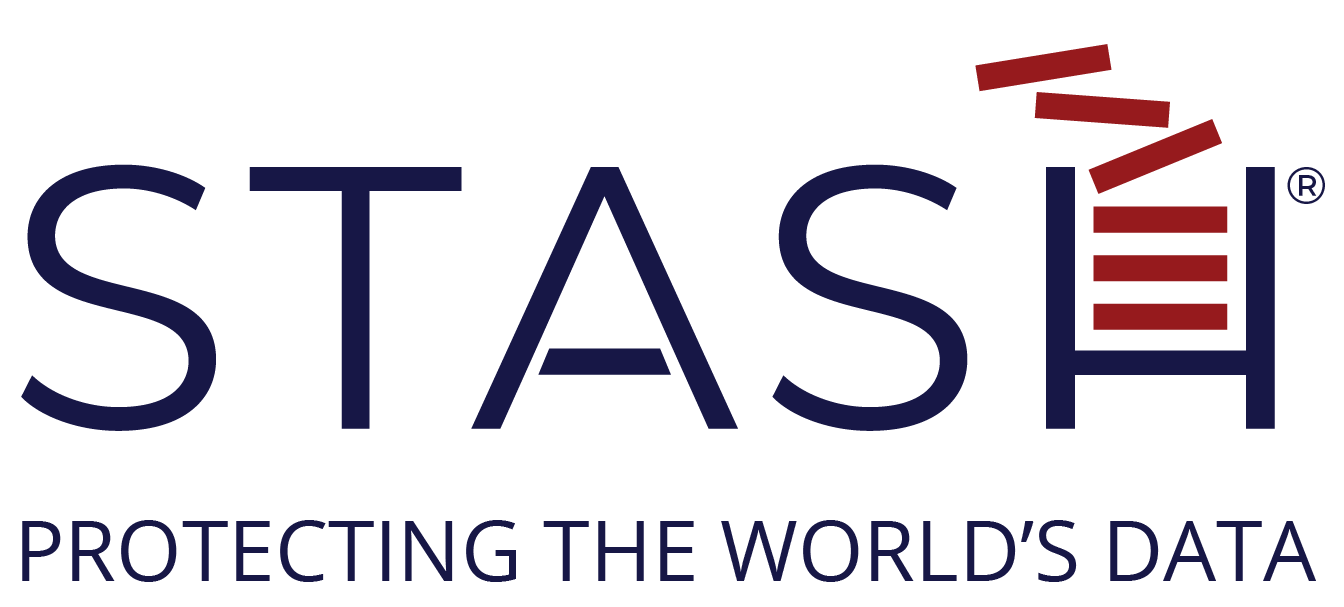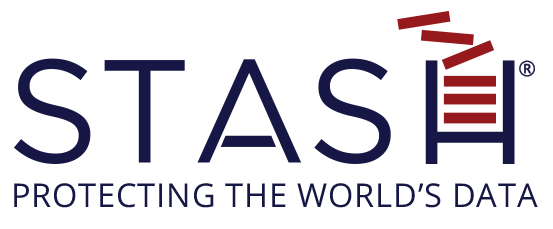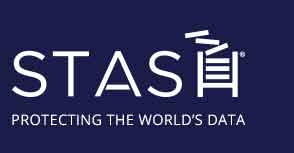Government/DOD
Of all vulnerable segments, government is the least protected from intrusions & data heists, relying as it does on unique by division legacy systems, that can’t deliver the protection required.
Central, State, and Municipal Government Departments and Agencies are the targets of an accelerating and full range of cyber-attacks. Adversaries include hackers/hacktivists, malicious insiders, nation-state actors, criminals, organized crime, and terrorists.
Stay safe and secure online.
Counter and STOP cyber threats
Adversaries include hackers/hacktivists, malicious insiders, nation-state actors, criminals, organized crime, and terrorists. Their tools range from bots and “copy from the web” scripts to sophisticated zero-day vulnerabilities. And their impact can be severely damaging both to agencies’ ability to operate and public confidence in government. This is a big challenge because of the huge volume of threats that agencies face on a daily basis and the scale of the potential consequences if successful. The scale of the data sets held by government, and their significance for adversaries, was illustrated by the theft of over 22 million federal employees’ background investigation records from the US Office for Public Management. Government information security leaders have to operate in a complex environment of numerous systems, aging infrastructure, skill shortages, and funding constraints. They are also required by law to keep data for long periods, in the case of Archives for hundreds of years.
STASH® Cybersecurity Solutions for Government Departments
and Agencies.

STASH® is a key partner to government to keep data secure and resilient significantly reducing the risks inherent in defending complex and aging systems.
STASH®’s unique authentication and encryption processes slash the risk of insider access to key data.
Data is secure and resilient from creation through destruction, and impervious to Ransomware.
“Against a backdrop of escalating geopolitical and geo-economic tensions, one of the biggest threats nations face today is from state-sponsored cyber warfare. From election interference to the alleged attempted theft of sensitive COVID-19 vaccine research to power-supply cutoffs for nearly a quarter-million people, state-sponsored cyberattacks are infiltrating the critical infrastructure of countries around the world. Not just state actors but also non-state actors today have more technical prowess, motivation, and financial resources than ever before to carry out disruptive attacks on a country’s critical infrastructure.”
– McKinsey
“If nothing else, the cyber attacks that occurred during the 2016 presidential election have laid bare the very real vulnerabilities that exist across our government and the private sector. Imagine the harm that could be done if our enemies ever hack into the Department of Defense or Homeland Security.”
– Mike Quigley, U.S. Representative for Illinois’s 5th congressional district
“Governments are among the top targets for ransomware. Ransomware is a particularly powerful weapon against governments, who must provide public services and cannot afford, financially or civically, to have data compromised to the point of governance paralysis. The cost of a police department unable to serve and protect the community or a school district unable to educate the community’s children escalates quickly. As a result, government often see paying the ransoms as the only logical solution. After all, not paying the ransom and having to recoup lost data and systems can often be significantly more expensive than the ransom.”
– Deloitte
“My view is that the cyber threat is bigger than any one government agency – or even the government itself. But the FBI brings a rare combination of scope and scale, experience, and tools to the mix. We investigate criminal activity like intrusions and cyber attacks, but we also investigate national security threats like foreign influence.”
– Christopher Wray, Director of the FBI
What's Happening
As computer technology has advanced, federal agencies have become dependent on computerized information systems and electronic data to carry out operations and to process, maintain, and report essential information. The security of these systems and data is vital to public confidence and the nation’s safety, prosperity, and well-being. Virtually all federal operations are supported by computer systems and electronic data, and agencies would find it difficult, if not impossible, to carry out their missions and account for their resources without these information assets. Hence, ineffective controls can result in significant risk to a broad array of government operations and assets.
For example: sensitive information, such as intellectual property and national security data, and personally identifiable information, such as taxpayer data, Social Security records, and medical records, could be inappropriately added to, deleted, read, copied, disclosed, or modified for purposes such as espionage, identity theft, or other types of crime. Critical operations, such as those supporting national defense and emergency services, could be disrupted. Data could be modified or destroyed for purposes of fraud or disruption. Entity missions could be undermined by embarrassing incidents that result in diminished confidence in their ability to conduct operations and fulfill their responsibilities.
Cyber Talk
"In 2017 alone, federal agencies reported 35,277 cyber incidents. The Government Accountability Office (GAO) has included cybersecurity on its “high risk” list every year since 1997. The number of data breaches agencies have reported in recent years is not surprising given the current cybersecurity posture of the federal government. A recent report by the Office of Management and Budget (OMB) made clear that agencies “do not understand and do not have the resources to combat the current threat environment.”
The federal government remains unprepared to confront the dynamic
cyber threats of today."



